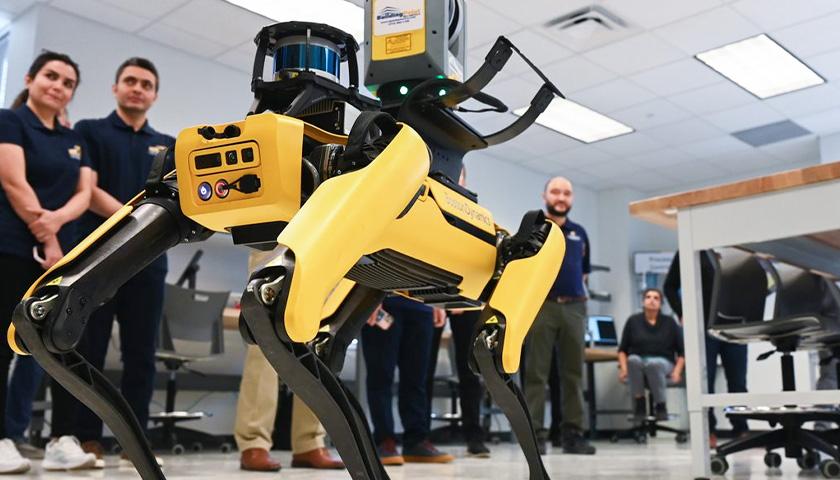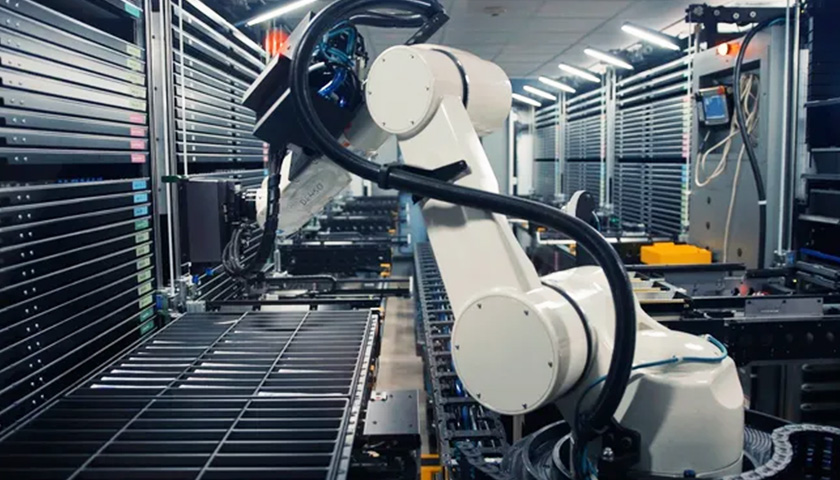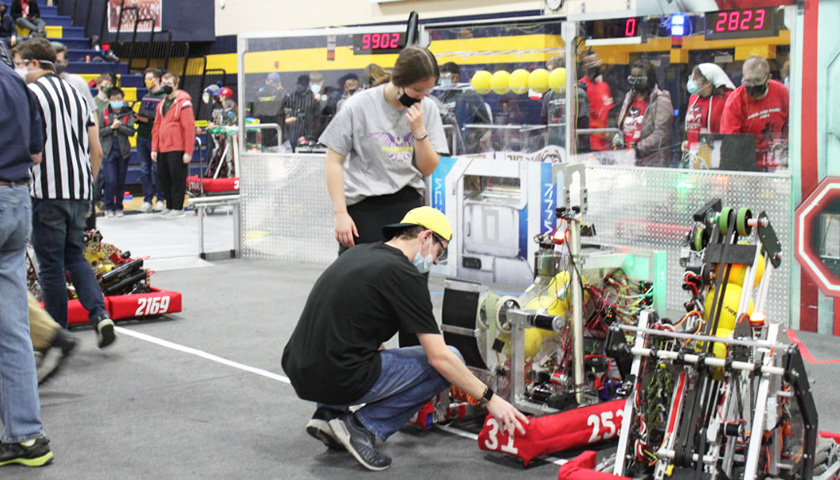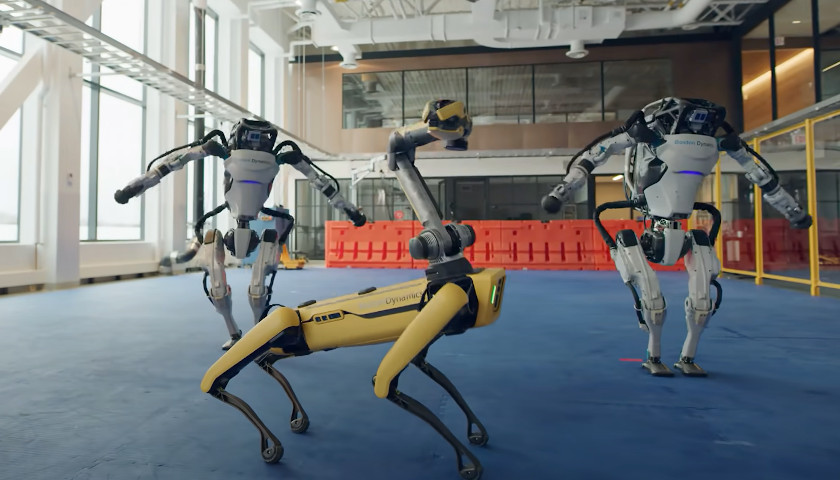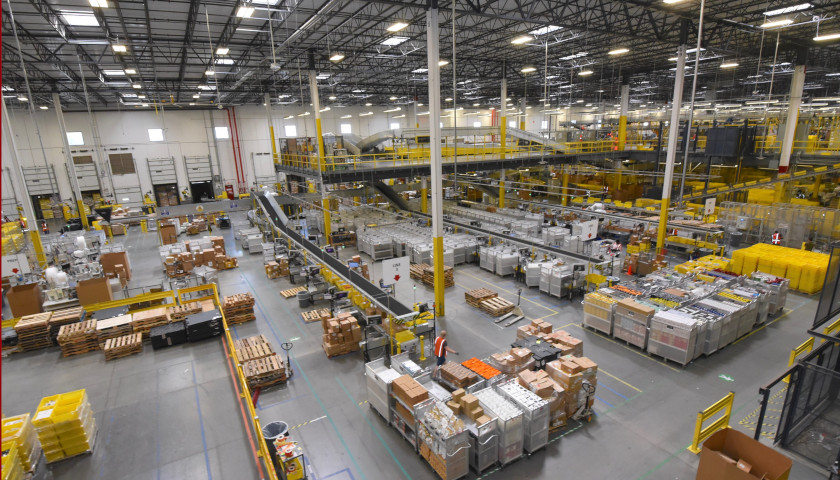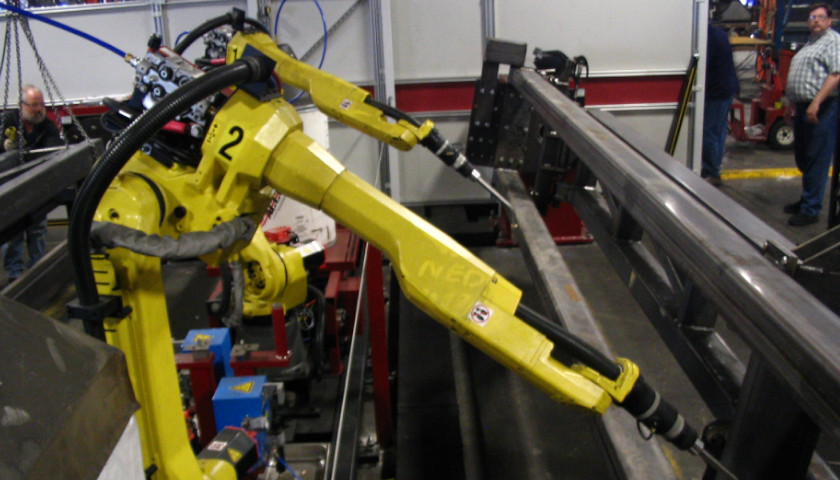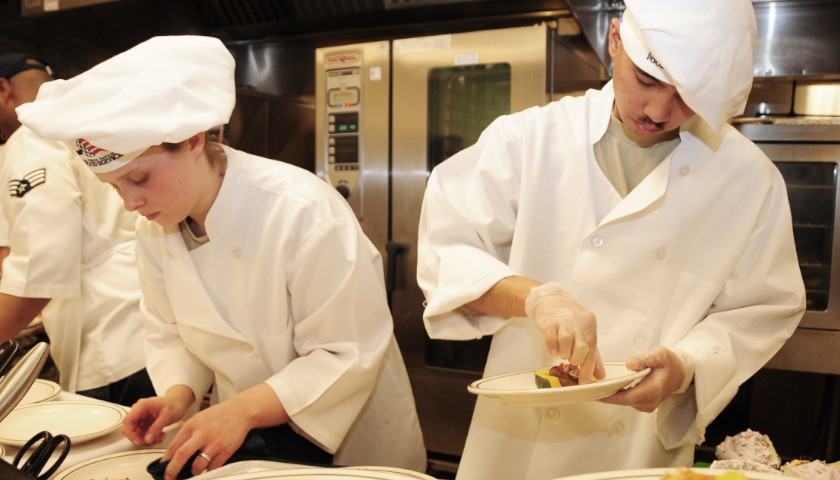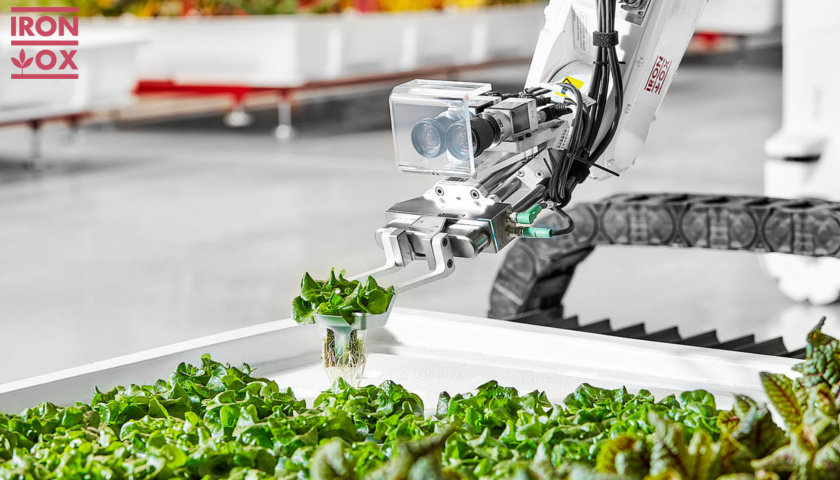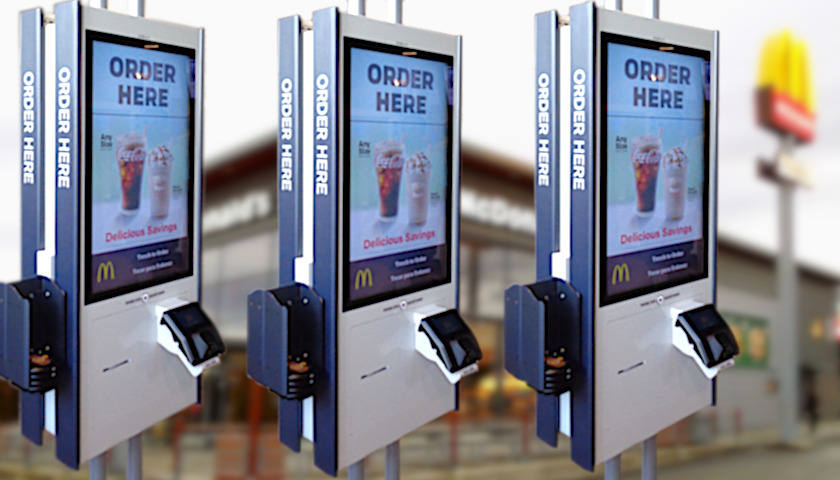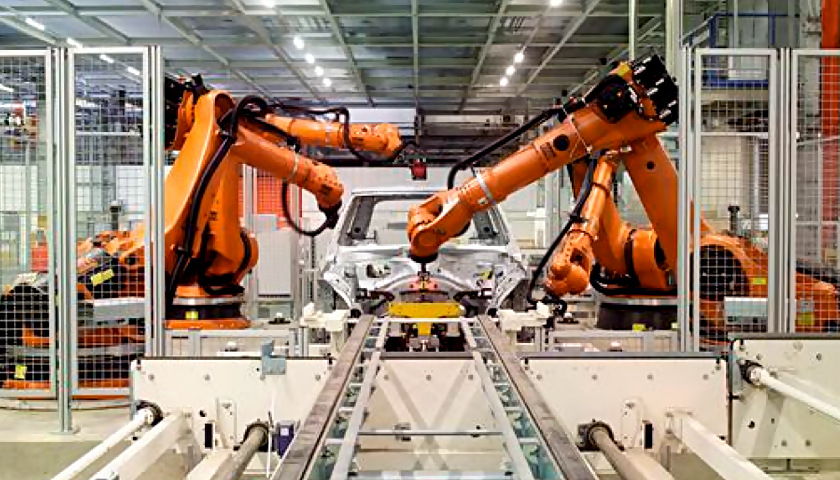Brandon Alexander would like to introduce you to Angus, the farmer of the future. He’s heavyset, weighing in at nearly 1,000 pounds, not to mention a bit slow. But he’s strong enough to hoist 800-pound pallets of maturing vegetables and can move them from place to place on his own. Sure, Angus is a robot. But don’t hold that against him, even if he looks more like a large tanning bed than C-3PO. To Alexander, Angus and other robots are key to a new wave of local agriculture that aims to raise lettuce, basil and other produce in metropolitan areas while conserving water and sidestepping the high costs of human labor. It’s a big challenge, and some earlier efforts have flopped. Even Google’s “moonshot” laboratory, known as X, couldn’t figure out how to make the economics work. After raising $6 million and tinkering with autonomous robots for two years, Alexander’s startup Iron Ox says it’s ready to start delivering crops of its robotically grown vegetables to people’s salad bowls. “And they are going to be the best salads you ever tasted,” says the 33-year-old Alexander, a one-time Oklahoma farmboy turned Google engineer turned startup CEO. Iron Ox planted its first…
Read the full story

